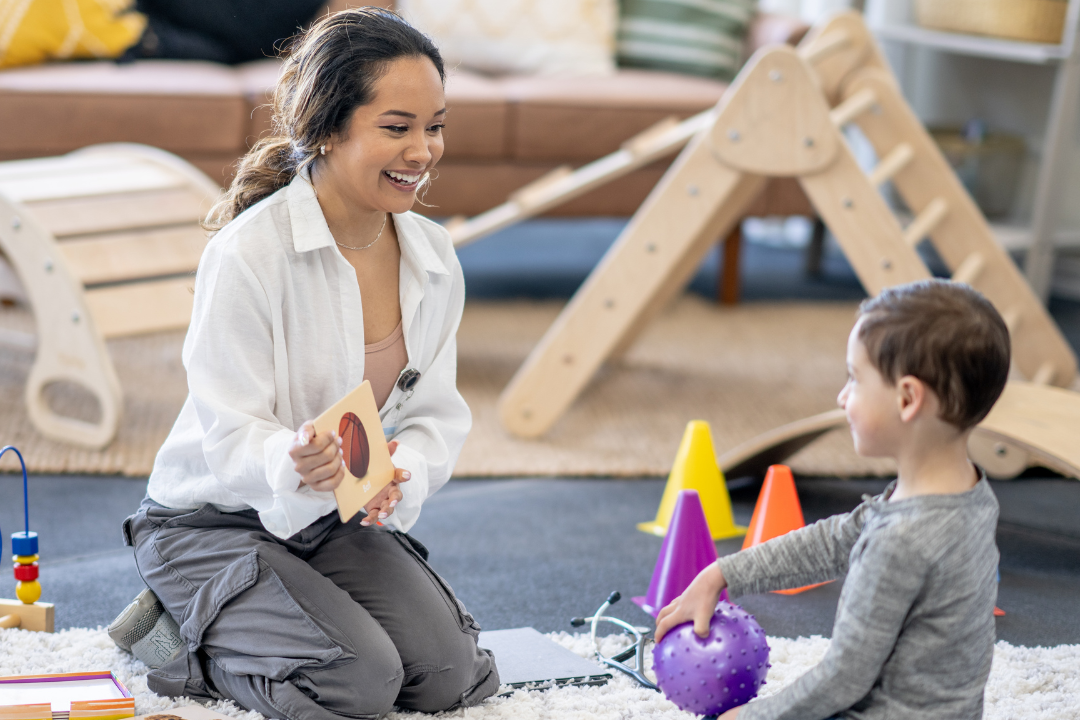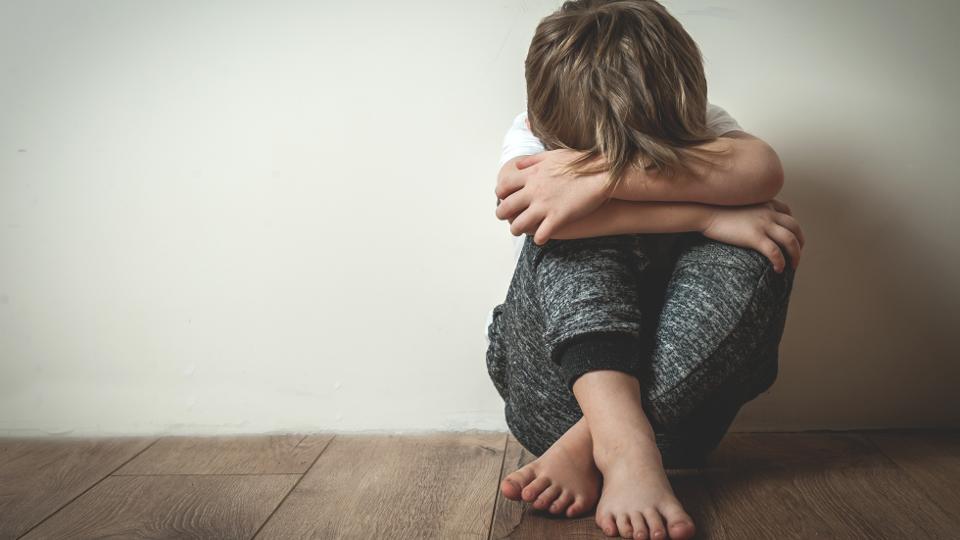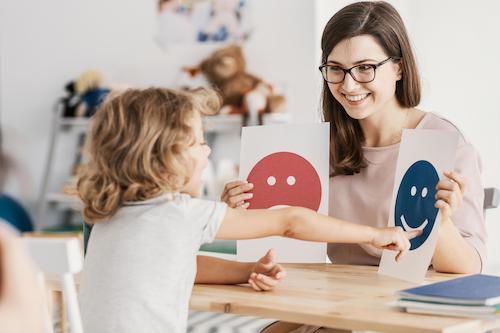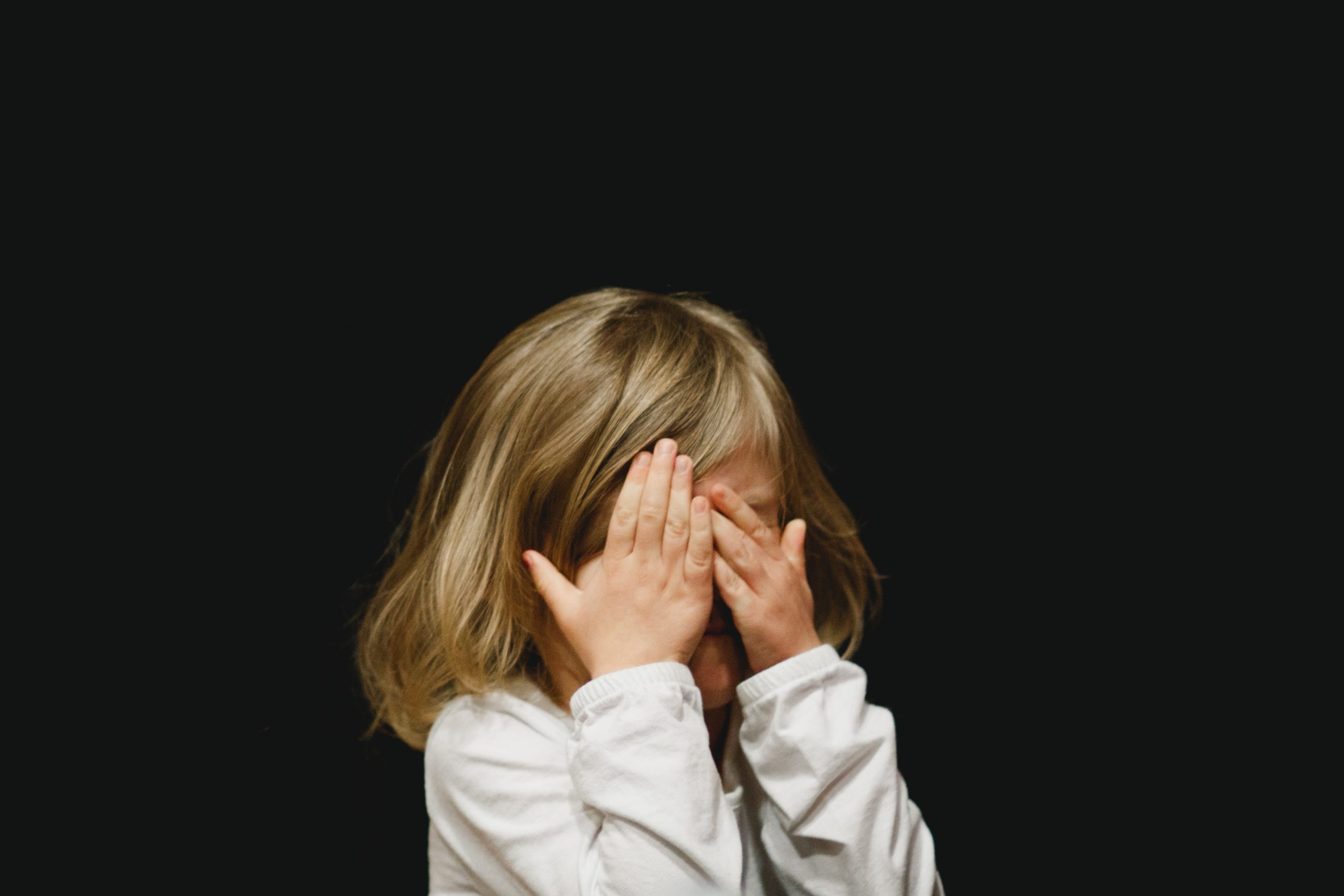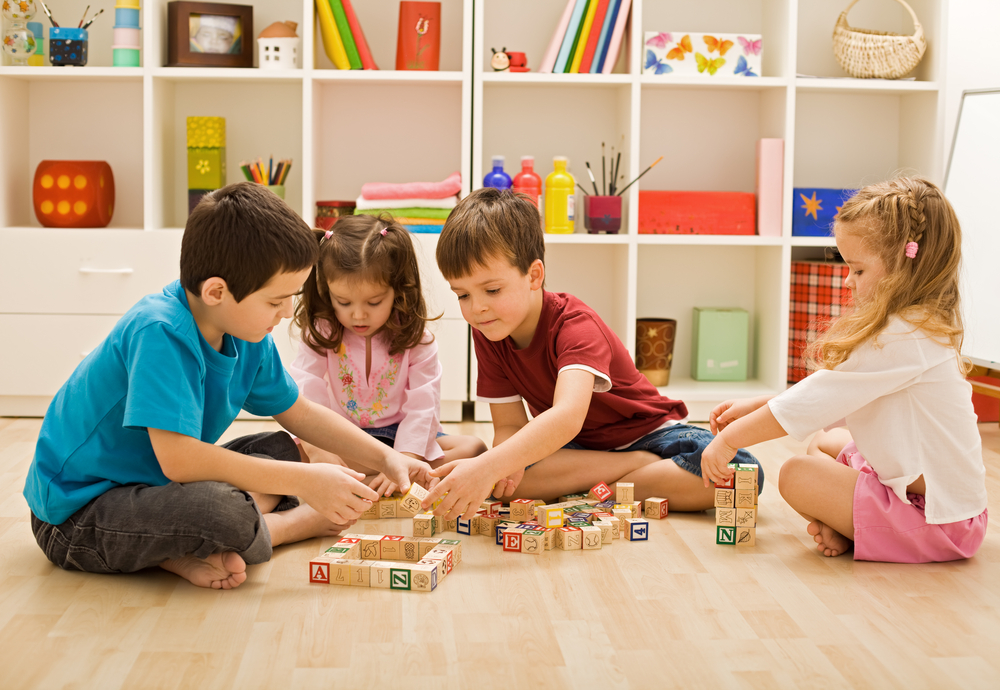How Therapy Will Impact My Child’s Behaviour and When to Expect Noticeable Positive Changes
Therapy helps children express emotions, develop coping skills, and improve behaviour. Gestalt play therapy, based on Violet Oaklander’s work, uses play to foster self-awareness and emotional growth. Most children show progress within 12 to 20 sessions, with parental support playing a key role in lasting positive change.


